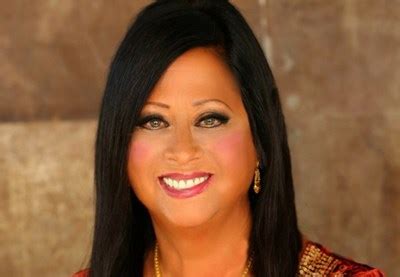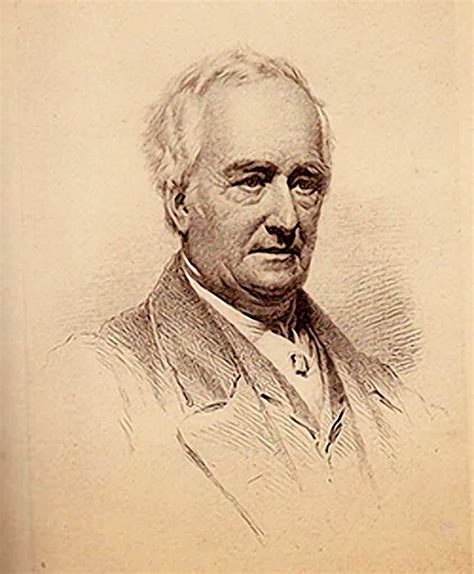A Quote by Kenzaburo Oe
As I grew up, I was continually to suffer hardships in different realms of life - in my family, in my relationship to Japanese society and in my way of living at large in the latter half of the twentieth century.
Related Quotes
One of the major changes in attitude that occurred in the world of art as we moved from the nineteenth into the twentieth century was that the twentieth century artist became more involved with personal expression than with celebrating exclusively the values of the society or the church. Along with this change came a broader acceptance of the belief that the artist can invent a reality that is more meaningful than the one that is literally given to the eye. I subscribe enthusiastically to this.






































